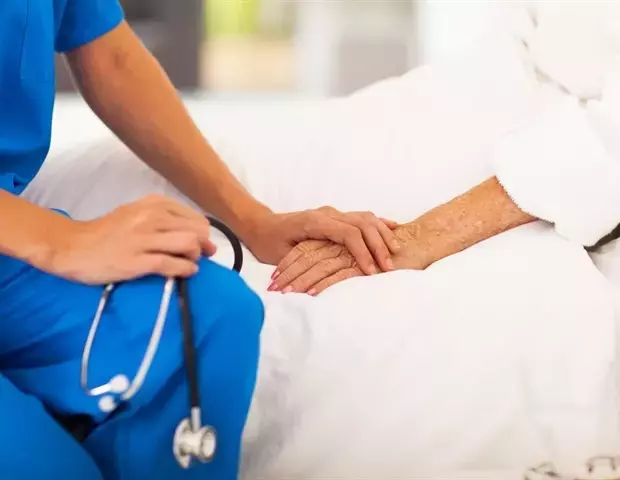
The University of Agder (UiA), in partnership with Grimstad, Risør, and Arendal municipalities, has secured a substantial grant from the Research Council of Norway. The NOK 16 million funding will be dedicated to developing advanced robotic solutions aimed at enhancing municipal health and care services. This initiative, known as the Service Robots for Work Support in Municipal Health and Care Services (SAKO) project, is one of only ten projects selected out of 113 applications. The project seeks to address critical issues within the healthcare sector by deploying robots to handle physically demanding and routine tasks, thereby improving service quality and work conditions for healthcare professionals.
Addressing Critical Healthcare Challenges Through Automation
The SAKO project aims to tackle some of the most pressing challenges in elder care, such as an aging population, a shortage of healthcare workers, and increasing demands for efficiency. By automating routine tasks, the project intends to free up valuable time for healthcare professionals to focus on patient care. Mariann Fossum, a professor at UiA’s Centre for e-health and Department of Health and Nursing Sciences, leads this ambitious endeavor. She emphasizes the importance of collaborative efforts between academia and municipalities to achieve these goals.
The project's systematic approach involves mapping the needs of nursing homes through close collaboration with staff and management. Three different types of robots will undergo rigorous testing in the I4Health lab at Campus Grimstad before being deployed in real-world settings. These robots are designed to take over physically demanding tasks like transporting laundry and waste, significantly reducing the workload on healthcare personnel. According to Professor Filippo Sanfilippo from the Department of Engineering Sciences at UiA, the introduction of collaborative robots (cobots) and autonomous mobile robots will enhance both efficiency and service quality in elder care facilities.
Multidisciplinary Collaboration for Sustainable Healthcare Solutions
The success of the SAKO project hinges on multidisciplinary collaboration between UiA, municipalities, and international partners such as Lappeenranta-Lahti University of Technology (LUT) in Finland. Leveraging UiA’s expertise in e-health and technology, the project employs interdisciplinary methods that combine robotics, health research, and practice-oriented implementation. This holistic approach ensures robust solutions that can be effectively integrated into daily operations.
Through pilot studies and a quasi-experimental design, the project will evaluate the impact of service robots on efficiency, work environments, and service quality. This thorough evaluation will provide valuable insights into the benefits and challenges of using robotics in elder care. Moreover, the project fosters synergies with UiA’s academic programs, offering students hands-on experience and opportunities to contribute to the advancement of healthcare robotics. Tailored bachelor’s and master’s projects are available for those interested in delving deeper into this innovative field.
